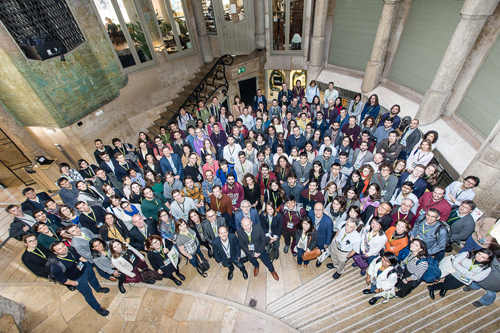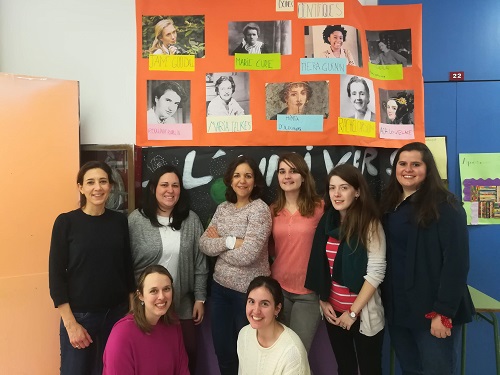IBEC joins the BASE3D community to contribute to the future of 3D printing
 The Institute for Bioengineering of Catalonia (IBEC) will contribute its extensive experience in 3D printing and bioprinting to the BASE 3D community, an entity that brings together research centers and companies from all over Catalonia with the aim of promoting R+D+i in the field of printing 3D.
The Institute for Bioengineering of Catalonia (IBEC) will contribute its extensive experience in 3D printing and bioprinting to the BASE 3D community, an entity that brings together research centers and companies from all over Catalonia with the aim of promoting R+D+i in the field of printing 3D.
The groups led by Josep Samitier, Elisabeth Engel, Núria Montserrat and Javier Ramón at IBEC are joining the BASE3D project.

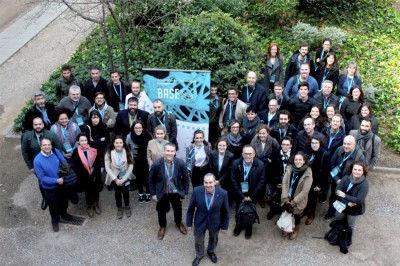
 The Institute for Bioengineering of Catalonia (IBEC) will contribute its extensive experience in 3D printing and bioprinting to the BASE 3D community, an entity that brings together research centers and companies from all over Catalonia with the aim of promoting R+D+i in the field of printing 3D.
The Institute for Bioengineering of Catalonia (IBEC) will contribute its extensive experience in 3D printing and bioprinting to the BASE 3D community, an entity that brings together research centers and companies from all over Catalonia with the aim of promoting R+D+i in the field of printing 3D.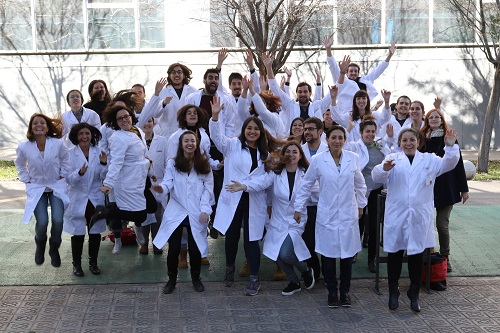 They are crazy, yes, but about science. 24 high-school students from different schools around Catalonia participate together with the Institute for Bioengineering of Catalonia (IBEC) in the “Crazy about Science” program, promoted by Catalunya-La Pedrera Foundation since 2013.
They are crazy, yes, but about science. 24 high-school students from different schools around Catalonia participate together with the Institute for Bioengineering of Catalonia (IBEC) in the “Crazy about Science” program, promoted by Catalunya-La Pedrera Foundation since 2013.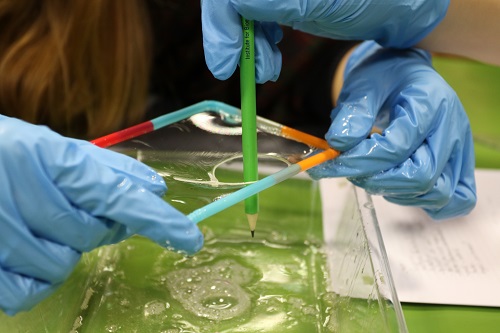
 IBEC’s Communication Unit is again credited as a member of the Network of the Scientific Culture and Innovation Units (UCC + i), through the Spanish Foundation for Science and Technology (FECYT) for its contribution to the scientific culture.
IBEC’s Communication Unit is again credited as a member of the Network of the Scientific Culture and Innovation Units (UCC + i), through the Spanish Foundation for Science and Technology (FECYT) for its contribution to the scientific culture. 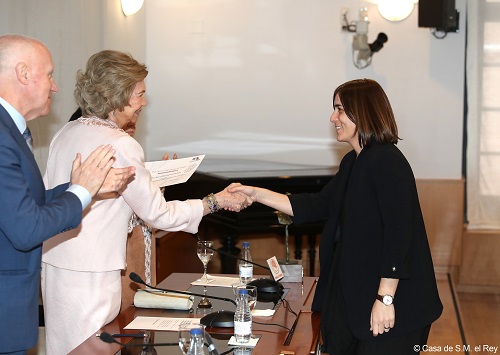
 Núria Montserrat, ICREA research professor and principal investigator of the “Pluripotency for organ regeneration” group at IBEC, has unanimously won the XXXI Íñigo Álvarez de Toledo Award for Basic Research granted by the “Fundaciópn Renal Íñigo Álvarez de Toledo”.
Núria Montserrat, ICREA research professor and principal investigator of the “Pluripotency for organ regeneration” group at IBEC, has unanimously won the XXXI Íñigo Álvarez de Toledo Award for Basic Research granted by the “Fundaciópn Renal Íñigo Álvarez de Toledo”. 
 Experts at Institute for Bioengineering of Catalonia (IBEC) led by Josep Samitier, the Director of the Institute, have contributed to an international project supported by the European Union to study red blood cells under realistic physiological conditions.
Experts at Institute for Bioengineering of Catalonia (IBEC) led by Josep Samitier, the Director of the Institute, have contributed to an international project supported by the European Union to study red blood cells under realistic physiological conditions. 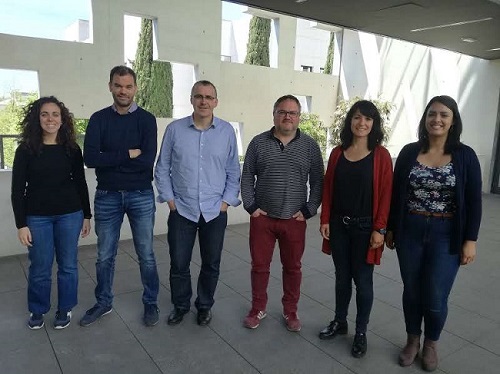
 BioVac, a project led jointly by the Institute for Bioengineering of Catalonia (IBEC) and the Catalan Institute of Nanoscience and Nanotechnology (ICN2) has been awarded the BIST Ignite Awards 2020.
BioVac, a project led jointly by the Institute for Bioengineering of Catalonia (IBEC) and the Catalan Institute of Nanoscience and Nanotechnology (ICN2) has been awarded the BIST Ignite Awards 2020.